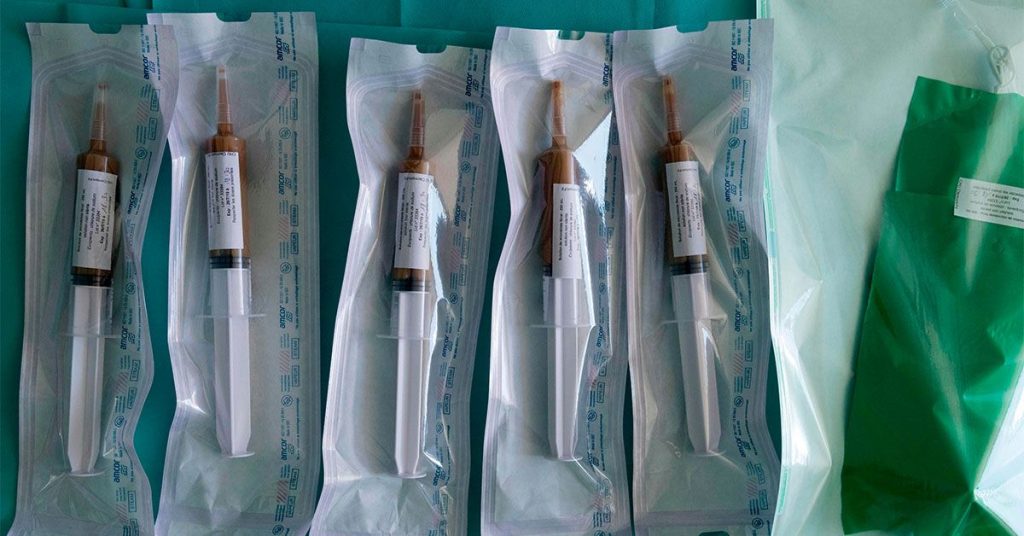A recent study has shed light on the potential impact of fecal transplants on the motor symptoms of Parkinson’s disease, which can become less responsive to existing treatments over time. The study found that patients who received a fecal transplant from a healthy donor experienced improved motor symptoms compared to those who received a placebo. The results, published in eClinicalMedicine, showed that those who received the donor transplant saw a significant improvement in their motor symptoms, with an increased motor score of 5.8 points after 12 months, compared to just a 2.7-point improvement in the placebo group.
The study, which was conducted at Ghent University Hospital in Belgium, involved 22 participants with early-stage Parkinson’s disease who received fecal transplants from healthy donors, while 24 received their own fecal matter as a placebo. The participants were followed up at 3, 6, and 12 months post-transplant, with data collected on various symptoms including gastrointestinal issues, non-motor symptoms, depression, anxiety, sleep, fatigue, and cognition. While improvements in motor symptoms were observed in the donor transplant group, they also experienced increased fatigue, which the researchers suspect may be related to inflammatory mechanisms.
One of the limitations of the study was the presence of a strong placebo effect, likely due to the invasive nature of the placebo treatment. It was also suggested that fecal transplants with one’s own stool may have a limited positive effect, particularly on gut function. Further research is being planned to investigate potential subgroups that may benefit most from this treatment, as well as to explore the microbial compositions of the participants in relation to the study outcomes.
The study findings are significant as disturbances to the microbiome in Parkinson’s disease patients have been known for years, and the gut has various ways of influencing the disease. These include direct neural connections from the gut to the brain, immune system responses in the gastrointestinal tract, and the production of hormones that can affect the brain. The so-called Braak’s hypothesis of Parkinson’s disease also suggests that the disease may start in the gut before spreading to the nervous system and brain, potentially causing Parkinson’s.
Researcher Herbert DuPont, who previously conducted studies on fecal transplants in Parkinson’s disease patients, believes that the outcomes of this recent study indicate the potential for a single dose of fecal transplant to have a lasting effect. The success of fecal transplants in Parkinson’s may pave the way for similar treatments in other neurodegenerative disorders such as multiple sclerosis and Alzheimer’s. Further research is also planned to explore the optimal candidate profiles for this treatment and potential avenues for larger multicenter trials to confirm the study findings.


